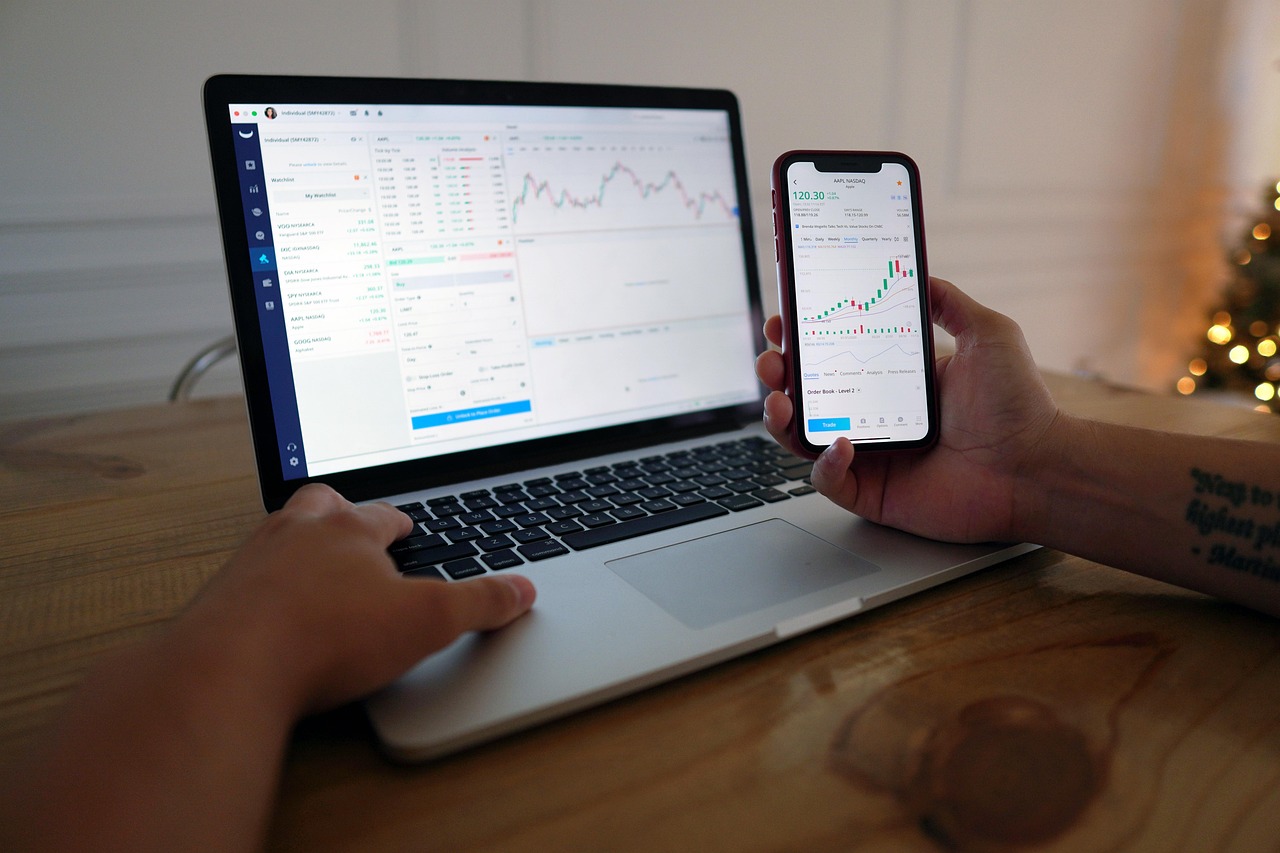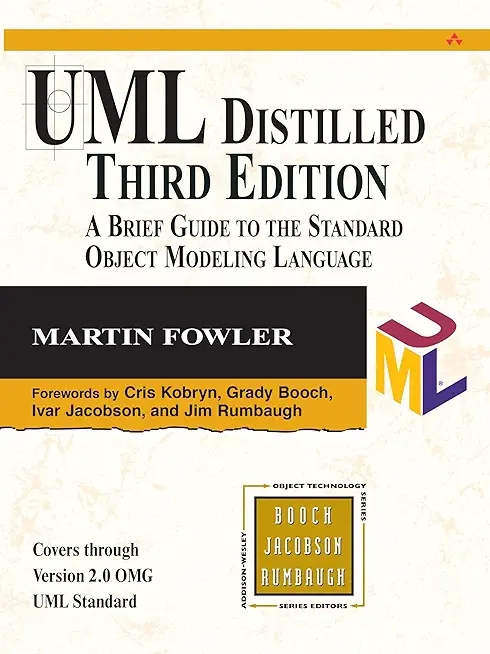
Quantum computing R&D emerging markets
The investment landscape has seen varied performances across different sectors, particularly in quantum computing with IonQ, Inc. and in emerging markets as illustrated by the abrdn Emerging Markets Ex-China Fund’s recent activities.
Both domains showcase the complexities of high-risk, high-reward investments, where technological advancement and market selection can significantly influence outcomes. The juxtaposition of IonQ’s aggressive growth strategies and abrdn’s careful positioning in emerging economies highlights the diverse approaches investors can take in navigating this evolving marketplace. IonQ, Inc.
has been at the forefront of quantum computing, leveraging substantial research and development (R&D) investments to position itself as a leader in the sector. The company reported a remarkable revenue growth trajectory, attributed to its expanding partnerships with leading AI and quantum institutes.
Despite this, a significant portion of its R&D budget, approximately 73.7%, is allocated to stock-based compensation (SBC), raising concerns about sustainability. The total R&D expenditure of $196.26 million notably surpasses the projected FY2025 revenue of $91 million, suggesting that while IonQ’s growth ambitions are bold, the financial underpinnings appear shaky. This contradiction is evident in the company’s forward enterprise value-to-sales (EV/Sales) ratio, which stands at an exorbitant 133x, highlighting a market valuation that some analysts deem unsustainable (Seeking Alpha, Sep.
5, 2025). In stark contrast, the abrdn Emerging Markets Ex-China Fund has demonstrated a more conservative approach, achieving a quarterly return of 17.69%, which outperformed its benchmark by 74 basis points.
The fund’s success can be attributed to effective selection strategies, particularly in South Korea and Taiwan, which outweighed a lackluster performance in India. The fund’s management has strategically established new positions in firms such as the National Bank of Greece and Zabka Group, indicating a calculated diversification aimed at capitalizing on growth opportunities in emerging European markets. This contrasting methodology emphasizes the significance of careful investment selection in volatile regions, where risk can be more easily managed compared to the speculative nature of sectors like quantum computing (Aberdeen Asset Management, Sep.
5, 2025). Investors are often faced with decisions that require a balance between growth potential and risk management.
IonQ’s aggressive tactics may appeal to those with a high-risk tolerance, willing to bet on the future of quantum technology despite current financial strains. On the other hand, the abrdn fund’s strategy reflects a more risk-averse approach, focusing on established markets and companies with solid performance metrics.
This divergence points to the fundamental question of investment philosophy: Is it better to pursue potentially high-reward opportunities in nascent fields, or to seek stability in more mature markets?
The ongoing fluctuations in both sectors underscore the need for comprehensive research and an understanding of market dynamics. Investors must consider not just the potential for growth but also the underlying financial health of the companies involved. For instance, while IonQ’s technological advancements are promising, its financial practices raise red flags that could deter cautious investors.
Conversely, the abrdn fund’s recent successes may encourage those looking for steadier returns, reinforcing the idea that different investment strategies can be appropriate depending on one’s financial goals and risk appetite. Furthermore, the contrasting performance of these companies illustrates the broader trends in the investment landscape where sectors like quantum computing may offer significant upside but come with inherent risks related to valuation and sustainability.
Meanwhile, emerging markets present their own set of challenges and opportunities, often dictated by geopolitical factors and economic stability. Investors must stay informed and agile, adapting their strategies as market conditions evolve. In conclusion, the contrasting narratives of IonQ and the abrdn Emerging Markets Ex-China Fund provide valuable insights into the complexities of modern investing.
The ongoing developments in quantum computing alongside the performance of emerging markets exemplify the diverse opportunities available to investors today. Whether choosing to embrace high-risk, high-reward strategies or favoring a more measured approach, the key lies in understanding the underlying dynamics that drive each market.
As the financial landscape continues to shift, the ability to analyze and adapt will be crucial for successful investing.



